William Edward Burghardt Du Bois was born on February 23, 1868, in Great Barrington, Massachusetts.
Du Bois attended an integrated school where his teachers recognized his talents and encouraged his ambitions. This positive environment led Du Bois on a path to use his knowledge to empower Black Americans.
Donations from his neighbors allowed Du Bois to attend Fisk University in Nashville, Tennessee. It was during his time in the South that Du Bois first experienced intense racism and bigotry. After graduating, Du Bois went on to attend Harvard, where he earned a second bachelor’s degree in 1890.
Du Bois traveled to Berlin in 1892 thanks to a fellowship from the John F. Slater Fund for the Education of Freedmen. This experience allowed him to travel Europe and become acquainted with leading social scientists. Du Bois returned to America and finished his graduate studies, becoming the first African American to get a PhD from Harvard in 1895.
After graduating, Du Bois spent two years teaching at Wilberforce University in Ohio. From there he took a research job at the University of Pennsylvania. This led Du Bois to study Philadelphia’s Black neighborhoods, resulting in the first case study of a Black community in the US. As a result of the study, Du Bois was convinced that racial integration was the key to equality.
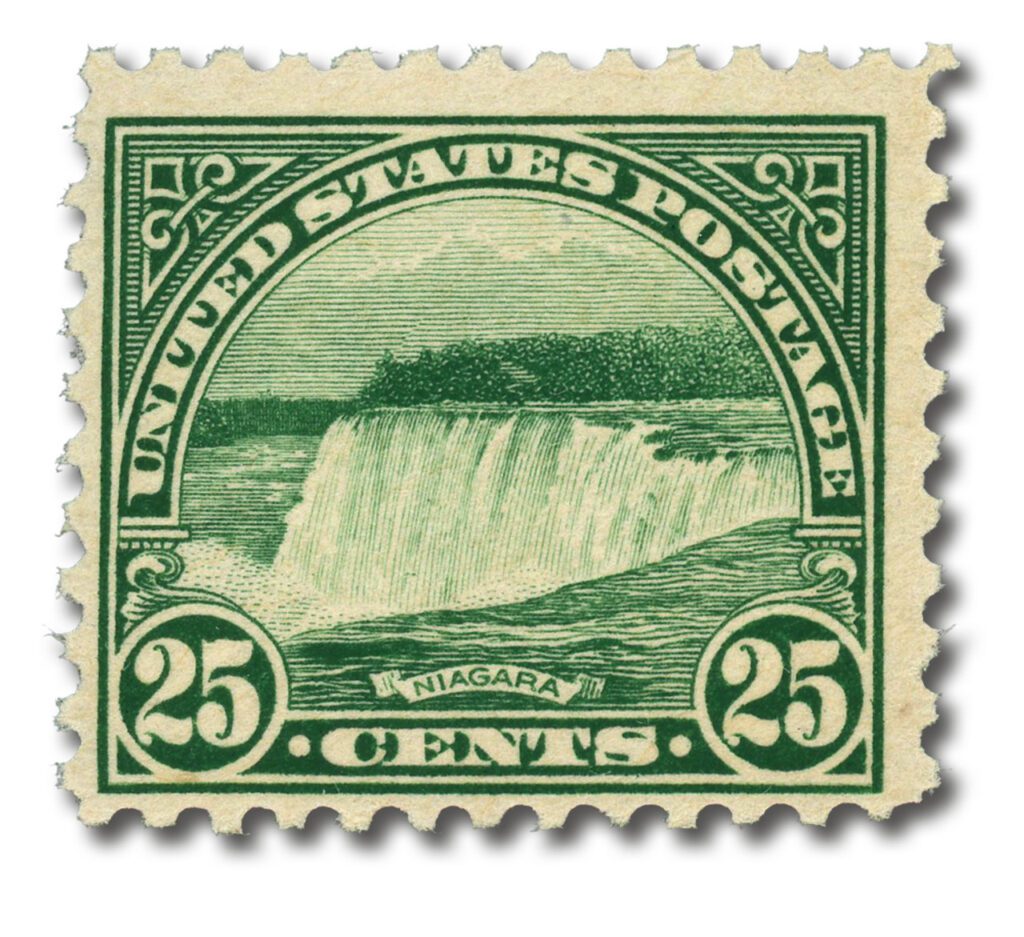
Du Bois left Pennsylvania in 1897 to serve as a professor of history and economics at Atlanta University. During this time he produced a number of high-profile papers and hosted annual conferences. Three years later, he attended the First Pan-African Conference. While there he penned the “Address to the Nations of the World,” which called for nations to fight racism, encourage self-government in Africa and the West Indies, and demand equal rights for Black Americans. The conference adopted his letter and then sent it to every nation that should be affected by it.
After that conference, Du Bois emerged as one of the leading spokesmen for Black civil rights, along with Booker T. Washington. However, Du Bois opposed Washington’s Atlanta Compromise, which encouraged Black Americans to accept discrimination and segregation in return for a basic education and limited economic opportunities.
Du Bois wrote throughout most of his adult life. Some works, such as The Souls of Black Folk, were aimed at shining a light on the genius of Black Americans. He produced editorials on current events and scholarly work, including a biography of John Brown.
In 1905, Du Bois and other civil rights activists met near Niagara Falls to discuss their opposition of the Atlanta Compromise. They composed a declaration of principles and formed the Niagara Movement the following year. They wanted to publish their beliefs, but most Black media supported Washington. So Du Bois bought a printing press and created Moon Illustrated Weekly.

In 1909 and 1910, Du Bois attended the first meetings of what became the National Association for the Advancement of Colored People (NAACP). He then served as Director of Publicity and Research, with his main job being to edit their monthly magazine, The Crisis. In the coming years, Du Bois launched a campaign against lynching, encouraged the Great Migration (of Black Americans out of the South), supported an African American military training camp for World War I, and created a children’s magazine.

Du Bois eventually left The Crisis due to clashes with the NAACP president and returned to teaching at Atlanta University. He later returned to the NAACP and attended the 1945 United Nations conference. In 1960 Du Bois traveled to Ghana for the “Year of Africa.” While there he began work on the Encyclopedia Africana and became a Ghana citizen before his death on August 27, 1963.
Click here to read some of Du Bois’ writing.
| FREE printable This Day in History album pages Download a PDF of today’s article. Get a binder or other supplies to create your This Day in History album. |
Discover what else happened on This Day in History.

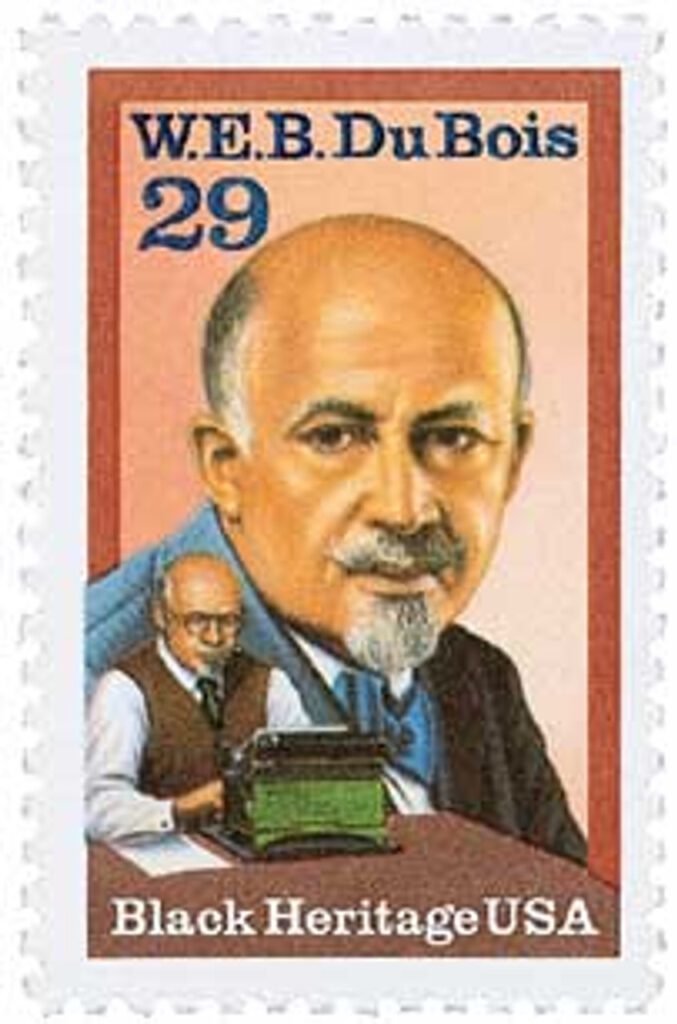
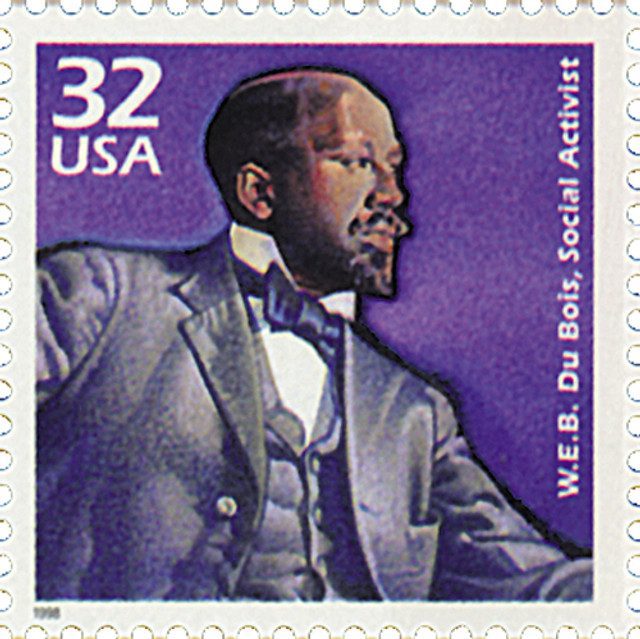
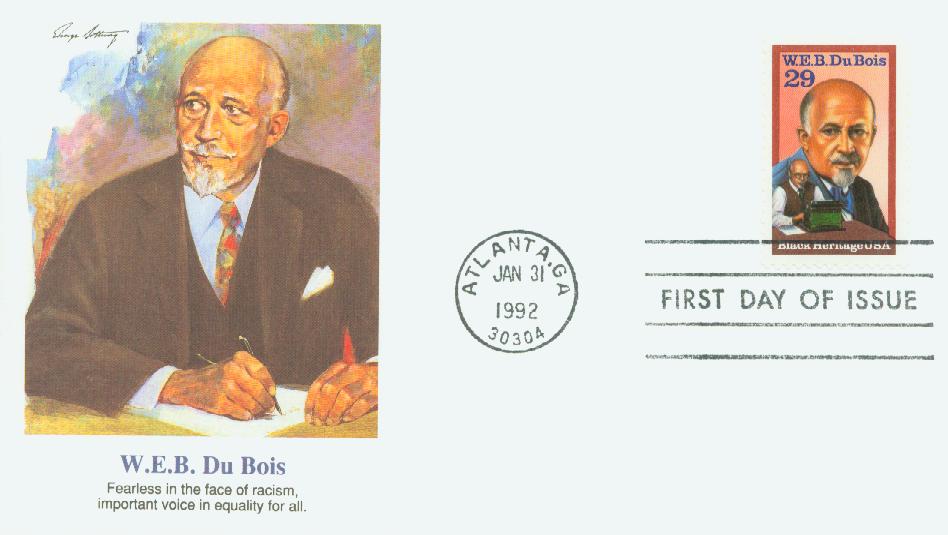
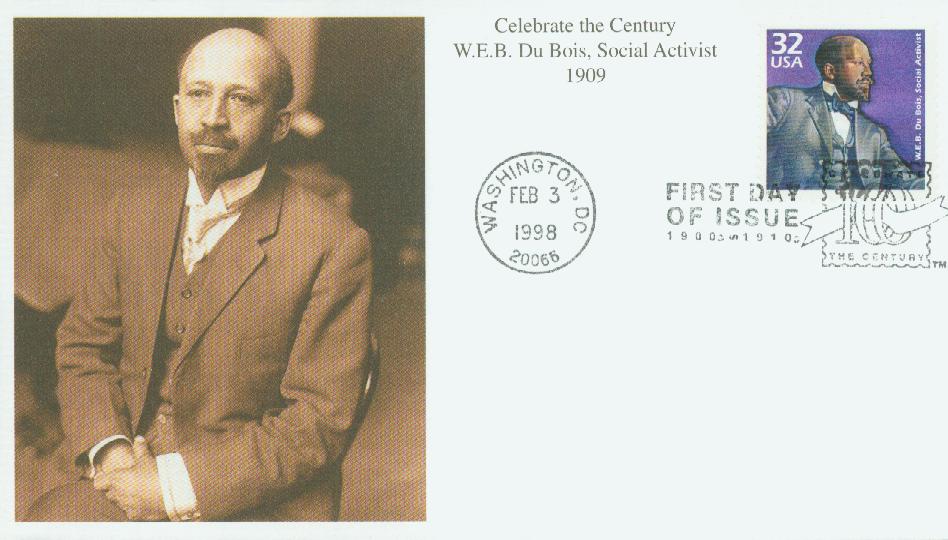
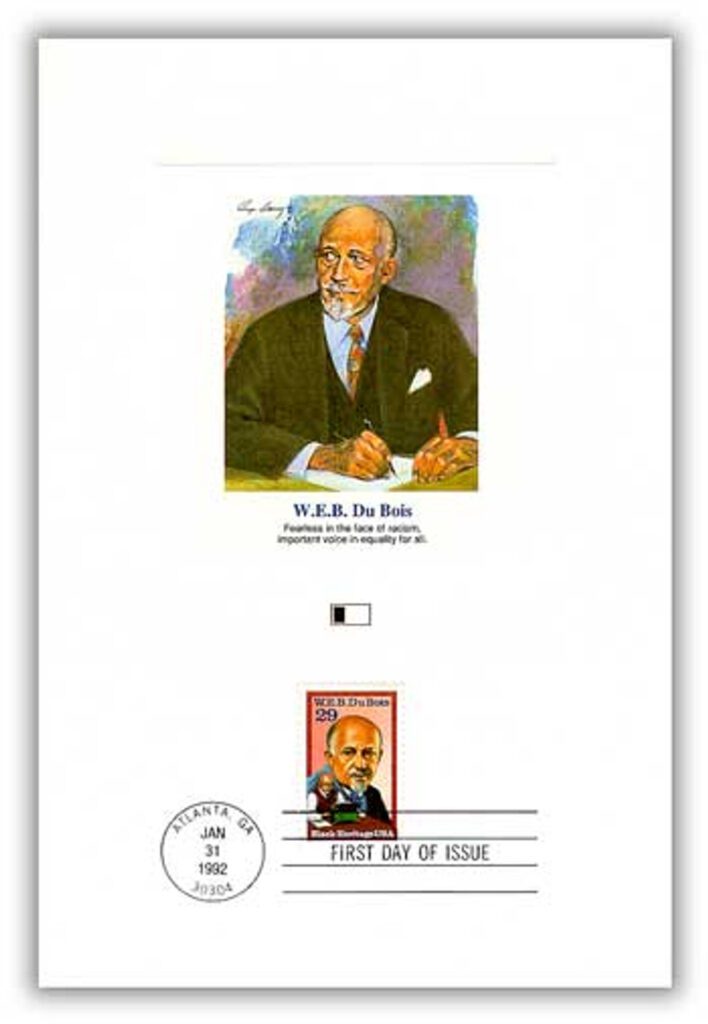
It is important to know and remember that the struggle for African American equality has a long history – too long, in fact – that is still not complete W.E.B. DuBois was clearly a leader very early in America, and thank you, Mystic, for telling his story.
Brought up in Niagara Falls NY, I was unaware of the Niagara Movement. Although in 7th grade, NY state history was emphasized, I’ve never heard of it. It’s hard to imagine the accomplishments of this great man. What he must have been through!
Thanks Mystic for even more good history.
I think the University he attended in Nashville was FISK university.
This is among the best ‘Day in History’ stamps yet. The first few lines say so much; “his teachers recognized his talents and encouraged his ambitions. This positive environment led Du Bois on a path to use his knowledge-” Maybe it takes intelligent people teaching and those who want to learn something of value to create something better. Teaching and the desire to learn can create make a positive impact. Create someway to avoid anger, hate and war. Thank you for the great information about this man and the stamps created because of him. His life mattered. Du Bois tossed a stone that rippled through humanity and made the world a better place for all people.
I think it should be Fisk University and not Disk.
I think that is Fisk University not Disk University in TN.
Great article. Very informative.
W.E.B. Dubois is one of my favorite historian, thank you for showcasing his accomplishments, for too few African American are aware of this trailblazing pioneer and the depth and magnitude of his gratness.
Thanks once again for reminding us about history.
The key statement made above is: “takes intelligent people teaching and those who want to learn something.” I live in a state capital city where teachers are having difficulty keeping class order with some students who seem to have little interest in behaving in class and studying. It is a big problem for the students who want to learn. We need a W.E.B. Dubois.
4.4 rating?
With a doctoral degree from Harvard University, W.E.B. DuBois proves he was an intelligent man and his writings add a lot to our education about American history. He proved that anyone in America who gets an education can avoid poverty, ignorance, and gain the opportunity to enjoy the best life that he or she can achieve. As a well-educated black man who had to go through a lot of rough times during his lifetime, Du Bois sets the example for every citizen born in the U.S. to get and enjoy his or her best possible life: get an education !!
The third paragraph from the top begins: “Donations from his neighbor allowed Du Bois to attend Fisk University in Nashville, Tennessee.”
Now it rates a 4?